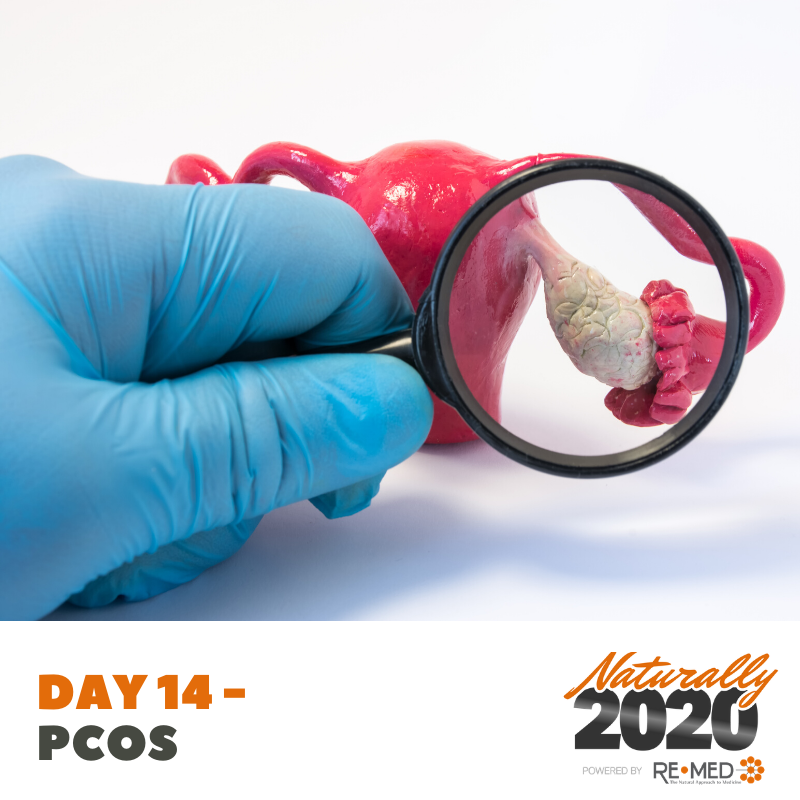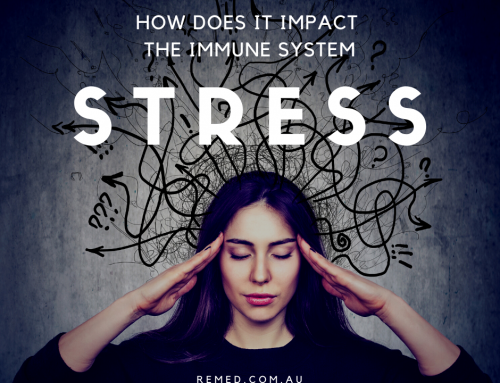PCOS is a common condition affecting between 12-21% of Australian women of reproductive age, yet it is often surrounded by confusion. While it is commonly thought of as a problem of the ovaries, it is actually a complex whole-body metabolic and hormonal condition that in turn affects how to ovaries work – the ovaries are the victim, not the cause.
Women will usually be investigated for PCOS when they have irregular periods and this can also affect fertility. The most widely accepted diagnostic criteria for PCOS, once other causes are ruled out, says that two of the following three findings must be present:
1/ dysfunctional menstruation / anovulation – eg long cycles (>35 days) or amenorrhoea (<8 cycles per year)
2/ elevated androgens (eg Testosterone) – diagnosed through blood test, and often signs will include facial hair, acne or male-type balding
3/ Polycystic ovaries – multiple cysts on the ovaries (although many women have multiple cysts without PCOS).
An important aspect of PCOS to understand is that the ovarian cysts are not the problem. In fact, PCOS is not so much a disease, but rather a set of symptoms. The key aspect being failure to ovulate regularly. Regular ovulation is essential to maintain oestrogen and progesterone levels which helps keep testosterone in check. Irregular ovulation drives up testosterone, leading to symptoms like hair loss, acne, facial hair and infertility. That’s the “hormonal” bit.
The other aspect is metabolic. In women, higher levels of testosterone increases the risk of insulin resistance – this is where the body has chronically high levels of insulin. When the body is continuously exposed to something, it often responds by ignoring it. Insulin is needed to get glucose into cells so it can be used for energy. With insulin resistance, glucose isn’t allowed into cells effectively resulting in higher levels of glucose in the blood. Glucose is highly inflammatory to the cardiovascular system, and the body usually converts this glucose into fat. So in women, high testosterone increases insulin resistance, which promotes weight gain, prevents fat-burning and also increases appetite.
This is why women with PCOS are at greater risk of cardiovascular/heart disease, type 2 diabetes, obesity and non-alcoholic fatty liver disease (NAFLD). They are also at increased risk of depression, anxiety and endometrial cancer.
It appears that in PCOS there is a vicious cycle that develops, where high testosterone leads to insulin resistance AND insulin resistance stimulates the ovaries to make more testosterone, and around it goes, all made worse by the relative lack of oestrogen and progesterone – two hormones that help to reduce both insulin and testosterone.
If you have PCOS, the way to make oestrogen and progesterone is to ovulate. Work with your naturopath to identify the underlying inflammation or insulin problem that is disturbing the ovaries and correct that. Managing PCOS requires a wholistic approach for long term health, and naturopathy and nutrition is best placed to work with you on this.







Leave A Comment